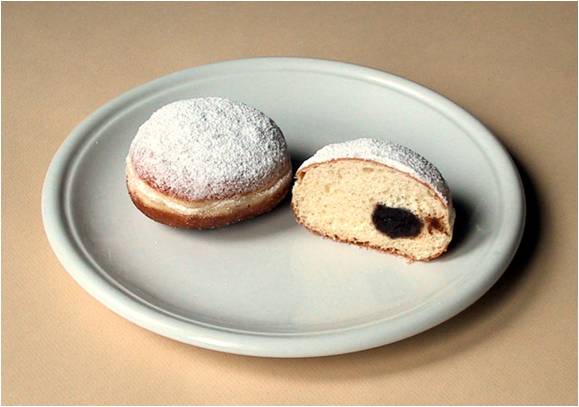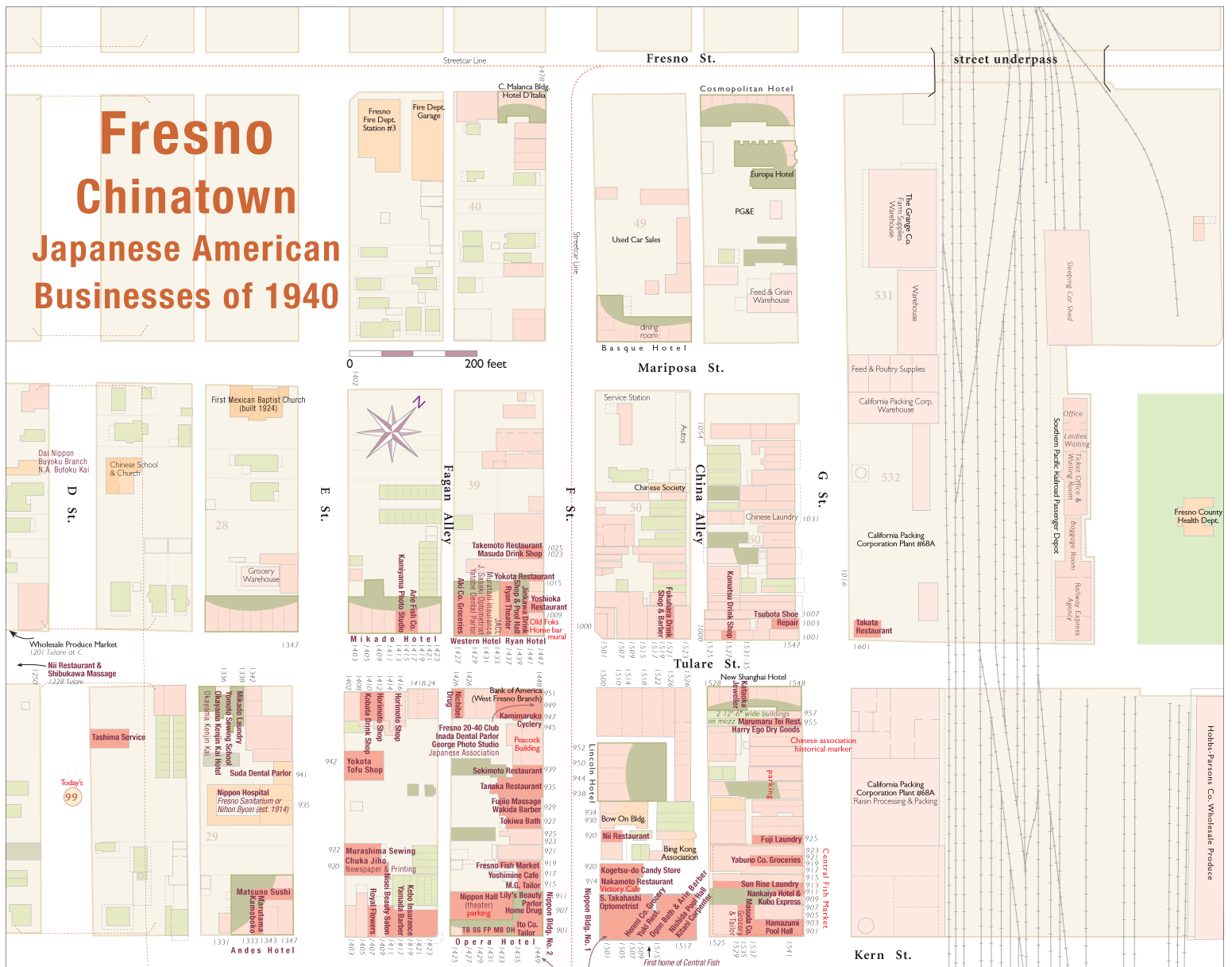I took a big gamble when I first chose Okita as my poet. Though I love "In Response to Executive Order 9066…," it was his only poem I had read. He had one other poem published in an anthology, but the rest of his poetry was in Crossing with the Light, an elusive book that was conveniently unavailable at all libraries and bookstores. Nevertheless, I decided to stick with Okita, basing my poet selection off of just one poem. I hardly knew anything about him, yet I convinced myself I would enjoy his poetry by the time the book arrived. Yet now, I realize it was not a completely hasty decision. Though it was true I had hardly seen any of his work, I read his website extensively. Through his simple information and updates, Okita seemed like such a genuine and enthusiastic poet. He is not trying to put himself above his fans; he is completely willing to share any and all details of his life with his readers. Even before I received the book, I loved his style. I chose Okita because of the close, approachable relationship he has created between his readers and his writing. I mean, he even has a YOUTUBE account!
This willingness to share information became the theme for the rest of my project. Okita is a very public person, so I felt that my project should be as well. The most appropriate method for presenting Okita in such a light would ultimately be a blog. Okita actively asks readers for suggestions and advice on his work. He is currently finalizing his short story, one that was entered in the Amazon novel contest last year. He has posted on his website, "I am busy at work on revisions to my novel based on all the great feedback I got" from readers. This comment speaks volumes about his personality as a writer. He wants to involve readers in his writing process; he is open to different perspectives on his work. I am very impressed with his style, and I have aimed to preserve this sense of interaction within my project.
I believe I made gross assumptions about his actual poetry in the beginning as well. I had initially set off to find a poet that wrote about Asian American identity, a topic that is of personal significance to me. His poems about his mother's internment camp experience are the pieces most widely anthologized, and I expected the rest of his work to be similar. I was clearly mistaken as I read through his book. Okita has so many ideas to express and so many topics to explore. It was unfair of me to assume that he was primarily an "Asian American" writer, as portrayed in so many poetry collections. Okita simply writes what he knows. While some of these stories may be related to his heritage, it is certainly not limited to just that.
In his poem "Notes for a Poem on Being Asian American," Okita recalls several encounters with people who judged him for his appearance. Perhaps then, for me, this project was about erasing assumptions I have made about Okita. He is an eager and passionate writer; he writes from his own stories. My end goal of this project is to maintain this openness. To continue in his style, I will now pass on to new readers what I have learned about [and from] Dwight Okita.









